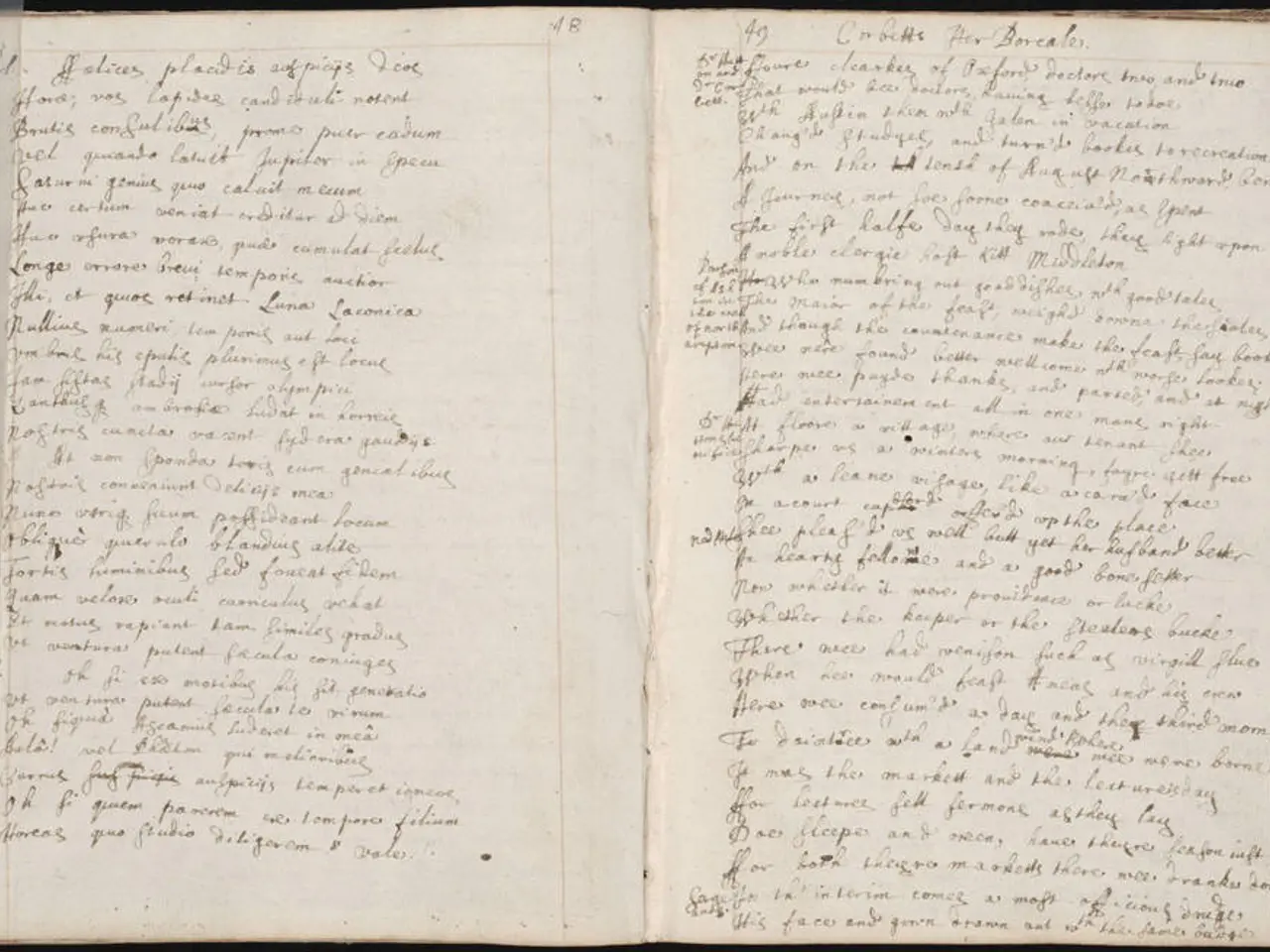Tennessee Witnesses the Scopes Court Case
Exactly a century ago, the Scopes Trial, popularly known as the "Monkey Trial," took place, marking a significant moment in U.S. history. Officially known as the State of Tennessee v. John Thomas Scopes, the trial symbolized the clash between science and religion, particularly the teaching of evolution versus biblical creationism in public schools.
The trial began when John Scopes, a Tennessee teacher, was charged with violating the Butler Act, a law passed by the Tennessee legislature in 1925 that made it illegal to teach evolution in state-funded schools. The American Civil Liberties Union (ACLU) offered to defend any teacher prosecuted under this law, and Scopes volunteered to take the case.
The trial became a national spectacle, amplified by media coverage and live radio broadcasts. Clarence Darrow, a famous defense attorney, was excited to defend Scopes and the right to teach evolution. On the prosecution side, William Jennings Bryan, a former Democratic presidential candidate and Secretary of State, was named a special prosecutor for the trial.
During the trial, Darrow focused on whether the Bible should be taken literally. He challenged Bryan, a brilliant orator, to defend a literal interpretation of the Bible, which Bryan struggled to do when Darrow highlighted various Bible passages that seemed to defy such an interpretation.
The Scopes Trial exposed deep theological and cultural divisions. It marked the beginning of a century-long culture war over the place of science, religion, and education in American society. The trial spotlighted tensions about democratic decision-making versus scientific expertise and helped shape the modern religious right and Christian nationalism.
Although Scopes was convicted, the trial stimulated widespread public debate about freedom of thought, education, and the separation of church and state that persists today. The theme of the battle between intellectual freedom and demagoguery, depicted in the play Inherit the Wind, remains relevant in the 21st century.
Thirty years later, Inherit the Wind reinforced Mencken's dichotomy between science and faith, portraying the battle between intellectual freedom and demagoguery. The play continues to resonate today, reminding us of the ongoing struggle between modernism and traditionalism in American culture.
J. Robert Parks, a former professor and frequent contributor to our company In Context: U.S. History, enjoys thinking about how our understanding of history affects and reflects contemporary culture. The Scopes Trial, he notes, remains a critical episode in the broader contest between these ideologies.
References: [1] "The Scopes Trial." National Park Service. [Online]. Available: https://www.nps.gov/tnsa/learn/historyculture/scopestrial.htm
[2] "The Scopes Trial: A Turning Point for America." PBS. [Online]. Available: https://www.pbs.org/wgbh/americanexperience/features/scopes-trial-turning-point/
[3] "The Scopes Trial." History.com. [Online]. Available: https://www.history.com/topics/us-history/scopes-trial
[4] "The Scopes Trial: A Cultural and Legal Landmark." Smithsonian Magazine. [Online]. Available: https://www.smithsonianmag.com/history/scopes-trial-cultural-and-legal-landmark-180954887/
[5] "The Scopes Trial: A Historical Perspective." Library of Congress. [Online]. Available: https://www.loc.gov/teachers/classroommaterials/presentationsandactivities/presentations/scopes-trial/scopes-trial.html
Science plays a crucial role in education and self-development, as exemplified by the Scopes Trial. This historic event, a clash between science and religion, highlighting the teaching of evolution versus biblical creationism, remains a significant episode in the broader contest between the advancement of knowledge and traditional beliefs.




